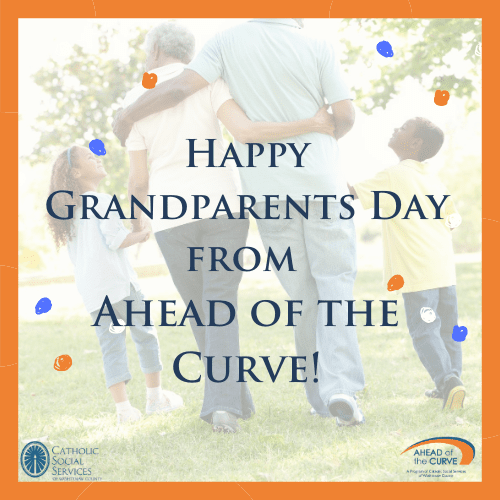National Grandparents day is the first Sunday after Labor Day. This year it falls on Sunday, September 13.
Who invented this holiday?
Grandparents Day was created by Marian Lucille Herndon McQuade. McQuade was a champion for older adults. She was elected Vice Chair of the West Virginia Committee on Aging in 1971. She also served as a delegate for the White House Conference on Aging.
Why did she want a day to celebrate grandparents?
Family and family history were important to McQuade and she wanted to create a day that would not only honor grandparents but allow for families to get together and share in each other’s company. She knew the importance of inter-generational activities and wanted to make children aware of all the good that their grandparents and older adults in general can offer, whether it was information, guidance, or stories that link us to the past.
When did it become a national holiday?
President Jimmy Carter declared in 1979 that the first Sunday after Labor Day would be National Grandparents Day. Canada also adopted Grandparents Day in 1995!
How can I celebrate this holiday?
Excellent question! Generations United creates a campaign each year that activities center around (they’ve been doing this since 2012). Click here for more information. Additionally, the Legacy Project has a list of activities and certificates you can view here for ideas. You can’t go wrong with picking up a phone or visiting a grandparent or older adult in your life for one-on-one quality time together!






